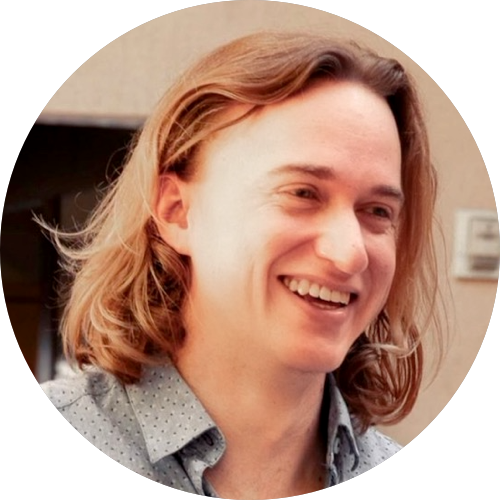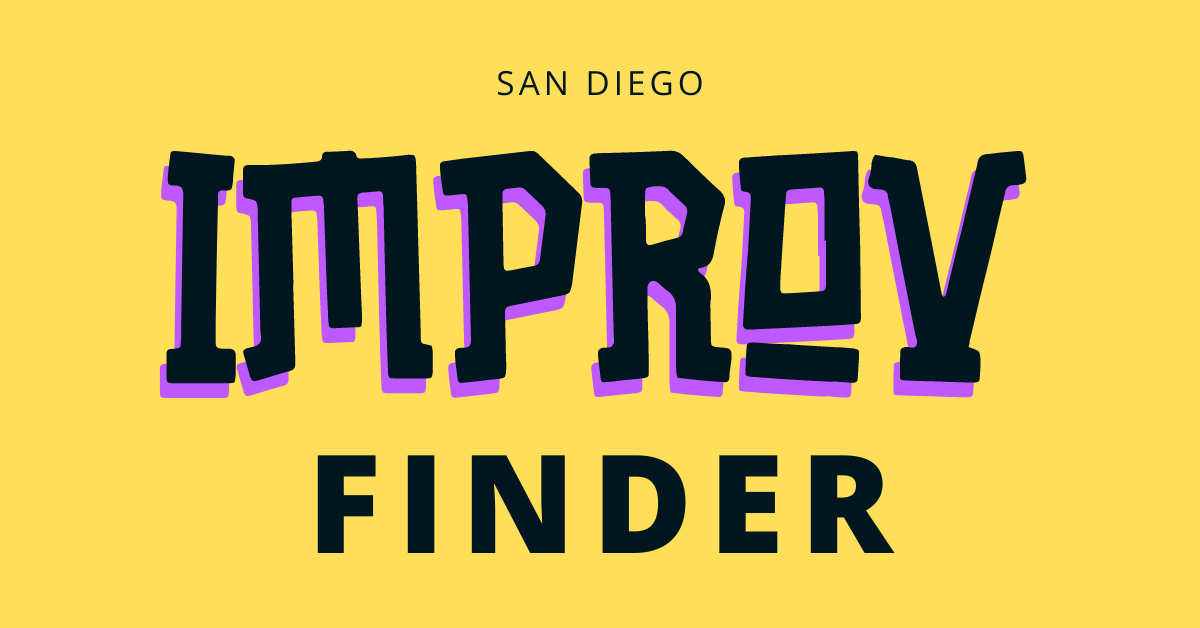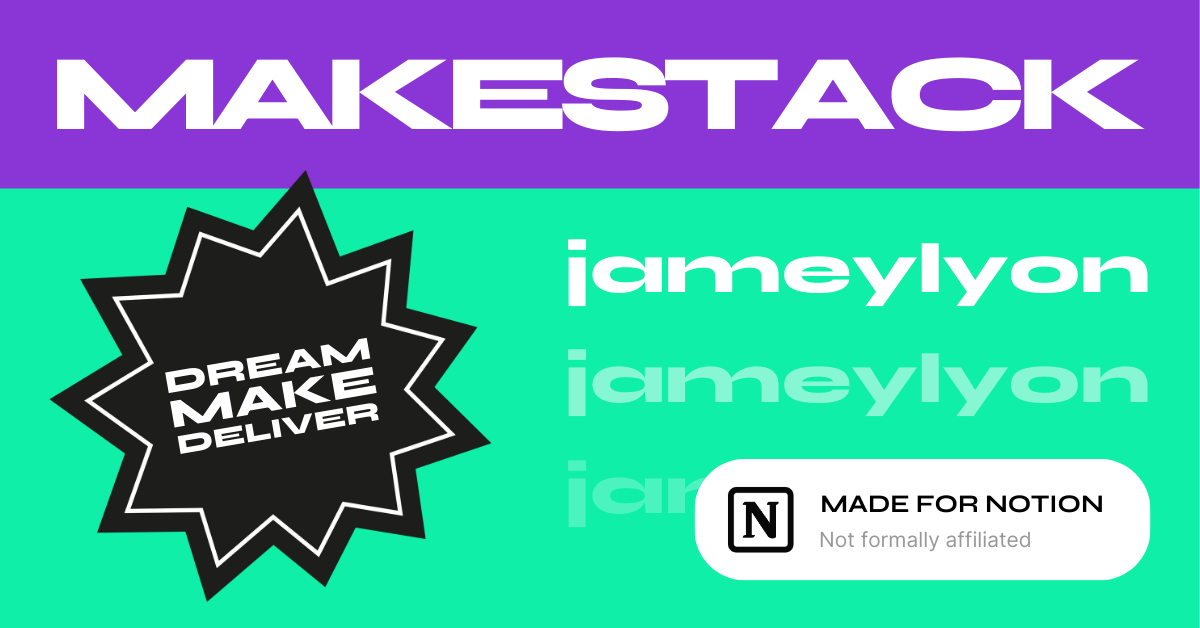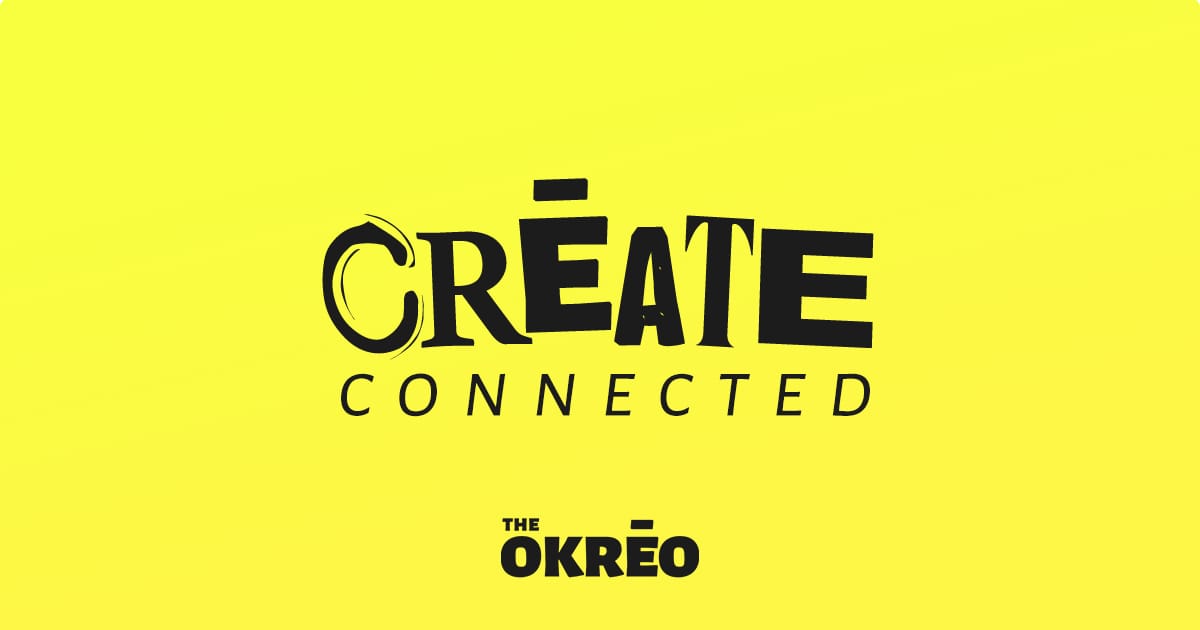Max64
A generative, performative music system built with Max 8 and an 8 knob MIDI controller.
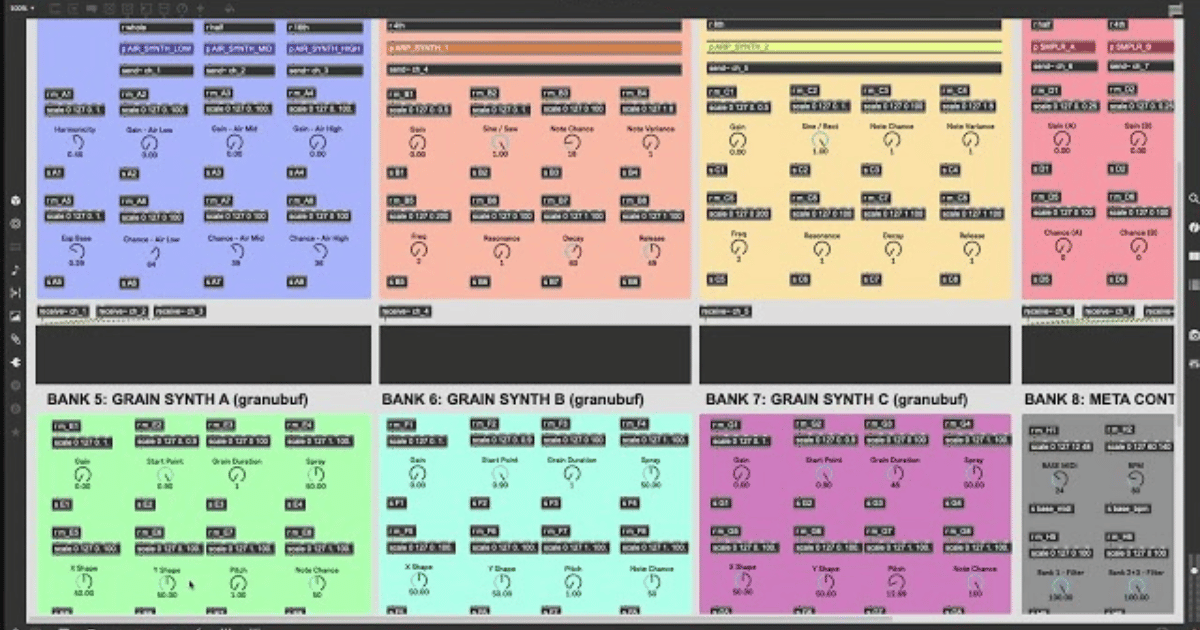
In my senior year at U.C. Berkeley, I built a generative music system using Cycling ‘74’s Max 8 and an 8 knob MIDI controller.
The goal of the project was to explore how chance-based generative music systems could be made expressive by human inputs. This system combined algorithmic composition techniques with real-time control, allowing for dynamic and evolving musical experiences influenced directly by the performer’s interactions.
It is now used as a case study in successful design by the course instructor(s).
🎯 Objectives
- Explore Generative Music: Investigate the potential of generative music systems to create evolving soundscapes.
- Human Input Integration: Develop a system where human inputs via an 8 knob MIDI controller could influence and shape the generative process.
- Expressiveness: Assess the expressiveness and musicality of the system through live performance.
- Technical Proficiency: Enhance my skills in using Cycling ‘74’s Max 8 software and MIDI hardware integration.
⚗️ Methodology
- Software: Utilized Cycling ‘74’s Max 8 for creating the generative music algorithms and managing MIDI input.
- Hardware: 8 knob Akai MIDI controller for real-time manipulation of program parameters.
- Generative Techniques: Implemented chance-based algorithms to generate musical sequences and structures.
🎶 Performance
🧑🏫 How I Built It
⭐ Results
At the conclusion of the Max64 project I'd achieved the following:
- Functional System: Successfully developed a generative music system that responds to human inputs via a MIDI controller.
- Expressive Output: Demonstrated that chance-based systems can be made expressive and performative through real-time human interaction.
- Positive Feedback: Received positive feedback from professor on the system’s musicality and ease of use.
- Used as Course Example: The above videos and project code were used as a case study of what is possible with Max 8, shown to incoming students.

